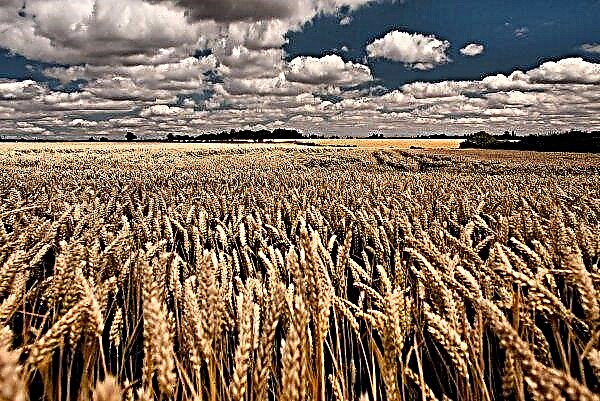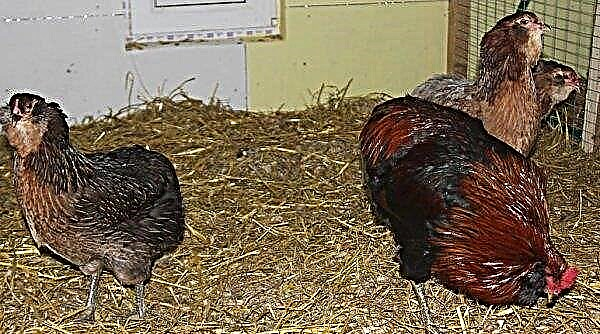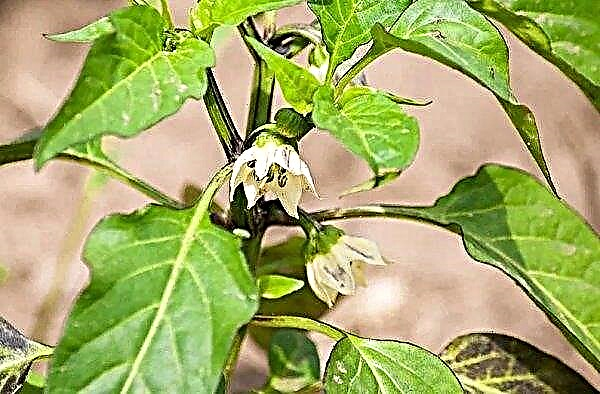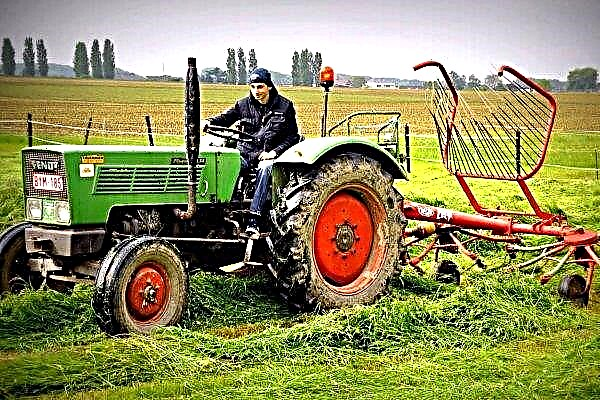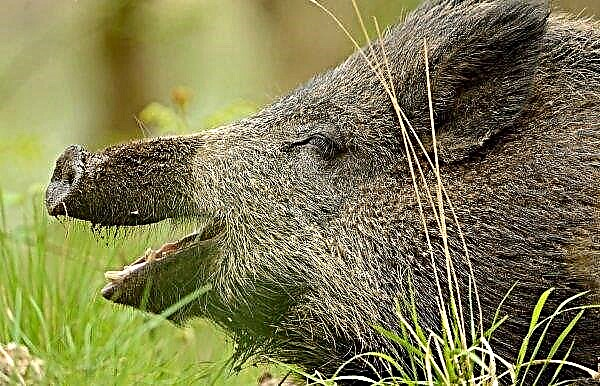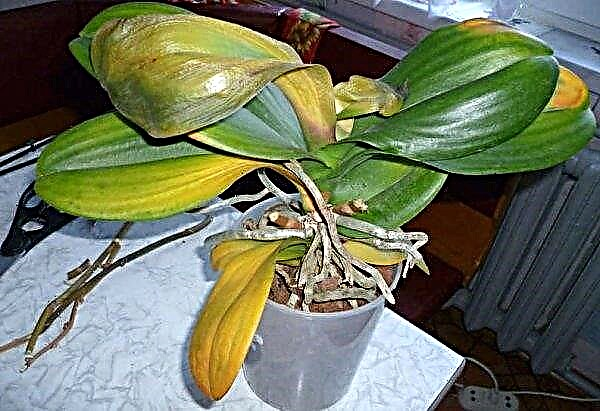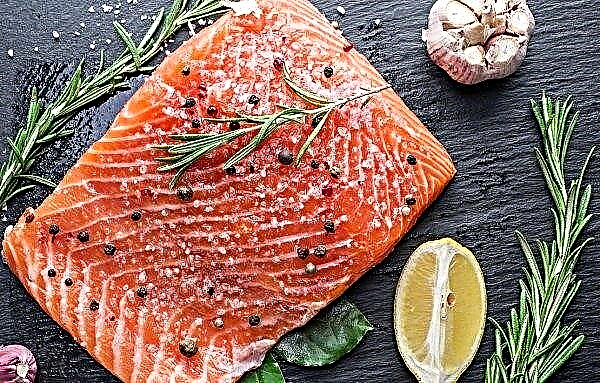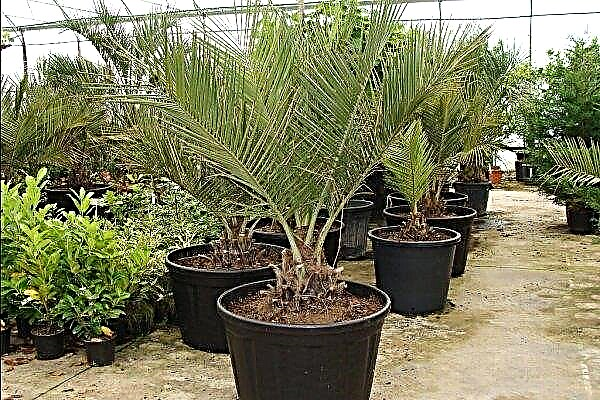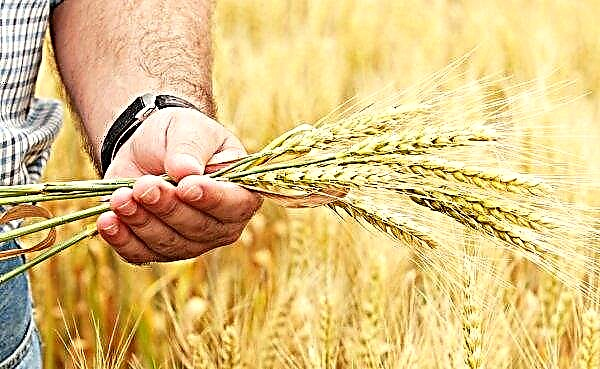The first results of an in-depth analysis of Croatian agriculture show that investments in Croatian agriculture are economically viable, and that $ 1 million invested in agricultural production provides an increase of $ 5.19 million in total agricultural output.
The analysis was carried out by World Bank experts. Experts have concluded that the agricultural sector in Croatia has many comparative advantages that can be used to accelerate growth and development.
Among these advantages are unlimited access to the EU market, access to financing under the Common Agricultural Policy, diverse agricultural and environmental conditions, good land and rich water resources, relatively low labor costs, good road infrastructure and growing tourism.

The World Bank, however, notes that Croatia remains dependent on agricultural imports and food, while Croatian farmers use outdated and inefficient mechanisms, slowly adapt to technological change and innovation, and rarely create associations, making them less competitive and less adaptable to change.
A World Bank analysis shows that in order for the country's agricultural and food sector to reach its full potential, it is necessary to increase agricultural productivity and create added value by combining primary production and processing.

The analysis also notes that Croatia is currently competitive with low-value primary agricultural products, such as cereals and oilseeds (sunflower and soybeans), while its competitiveness with respect to valuable products is limited by a relatively small number of fruit and vegetable and livestock products.


